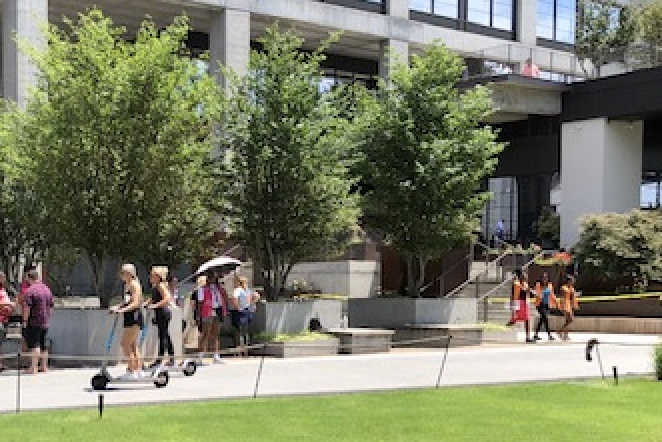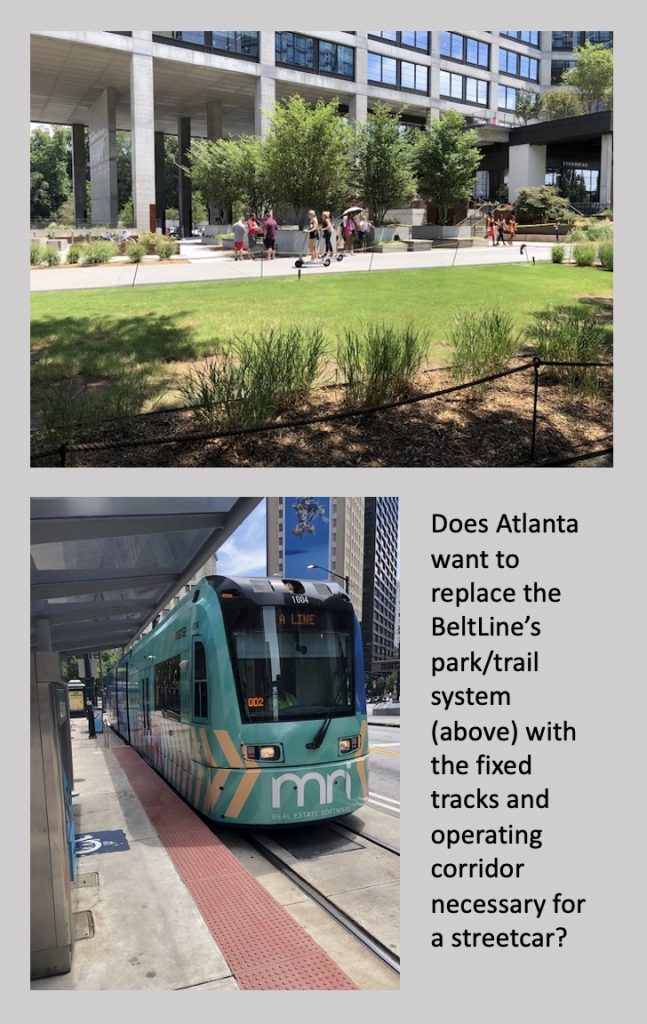Environment
North Atlantic right whales face new peril as numbers stabilizeNovember 3, 2025

By Mike Dobbins
Sept. 10 – There is a great need for better Atlanta transit.
The current plans are obsolete.
There have been no comprehensive transit plan updates since:

Meanwhile, the Atlanta BeltLine trail has emerged as a great resource for accommodating and vitalizing these behavioral changes with trails and parks.
The trail/park network as it develops is stimulating substantial economic development activity and housing development, albeit inequitably, exacerbating the polarizing wealth divide by displacing populations and businesses of lower income.
The crying needs of trails and parks, right now, is to build on their success by using the existing right-of-way to create parallel trails separating walkers and joggers from scooters and bikers.
At the same time, better serving the needs of people dependent on transit for access to jobs and services grows ever more urgent, unmet by the plans identified in the 2017 referendum process.
So what should we do about it?
Finally and overall, build on strengths, on what works, like the BeltLine trail/park network. Do not destroy its future.
0